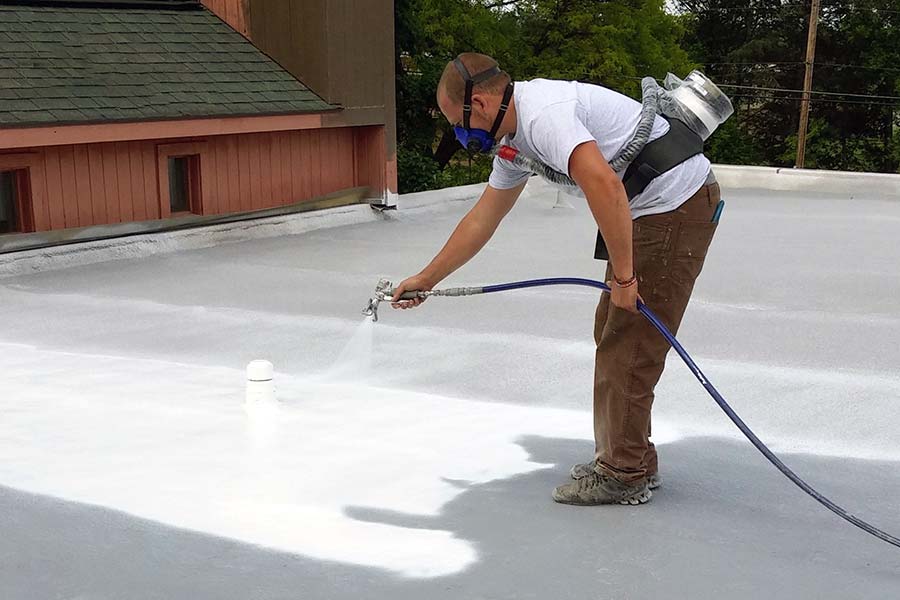Understanding Foam Roof Longevity in the Desert Climate
Foam roofs, also known as spray polyurethane foam (SPF) roofs, have gained popularity in Arizona due to their exceptional energy efficiency and durability. When properly installed and maintained, foam roofs can last 20 to 30 years or more, making them an excellent long-term investment. However, Arizona’s unique climate presents both challenges and benefits that can influence the lifespan of a foam roof.
The Desert Climate Advantage
Arizona’s arid environment is typically low in humidity, which helps reduce the likelihood of water-related damage like mold or rot. Foam roofs are inherently water-resistant, but the dry climate further extends their durability compared to regions with high rainfall. The intense sunlight in Arizona, while harsh, can be mitigated with a high-quality UV-protective coating, which helps maintain the integrity of the foam material over time.
Importance of Proper Installation
The longevity of a foam roof heavily depends on the quality of its installation. In Arizona, it’s crucial to hire experienced contractors familiar with SPF roofing. Proper preparation of the surface, even application of foam, and adequate curing time are essential steps that determine how well the roof performs in the long run. A poorly installed foam roof may develop cracks or bubbles, significantly shortening its lifespan.
Regular Maintenance: The Key to Durability
Routine maintenance is vital to ensure that a foam roof reaches or exceeds its expected lifespan. In Arizona, this includes:
- Re-coating Every 5-10 Years: The top layer of UV-resistant coating wears down over time due to the intense sun exposure. Re-coating protects the foam from degrading and prevents leaks.
- Cleaning and Inspection: Dust and debris, common in Arizona, can accumulate on the roof, causing wear. Regular cleaning and professional inspections help identify minor issues before they escalate.
- Sealing Cracks or Damage: Small cracks or punctures should be repaired promptly to prevent water infiltration during Arizona’s monsoon season.
Weather-Related Challenges
While Arizona's climate benefits foam roofs in many ways, extreme conditions like monsoon storms, hail, and high winds can pose risks. Foam roofs are highly resilient to wind and impact damage, but severe weather events may require immediate repairs to ensure longevity.
Energy Efficiency Benefits in Arizona
Another significant advantage of foam roofs in Arizona is their exceptional insulation properties. Foam roofs reduce heat absorption, lowering energy costs by keeping buildings cooler during the sweltering summer months. This energy efficiency not only saves money but also enhances the roof’s longevity by minimizing thermal stress.
Conclusion: A Smart Investment in Arizona
Foam roofs can last decades in Arizona when properly installed and maintained. By investing in regular upkeep, re-coating, and timely repairs, homeowners can maximize the lifespan of their foam roofs. With the added benefits of energy efficiency and durability, foam roofing remains a practical and sustainable choice for Arizona’s unique climate.





Comments